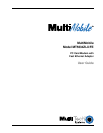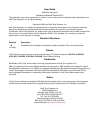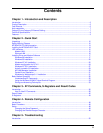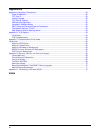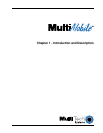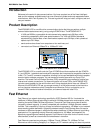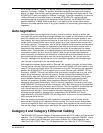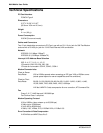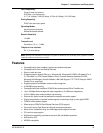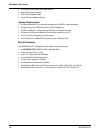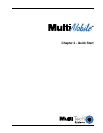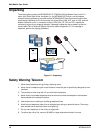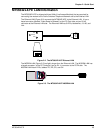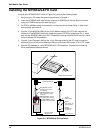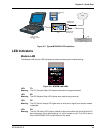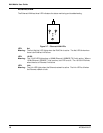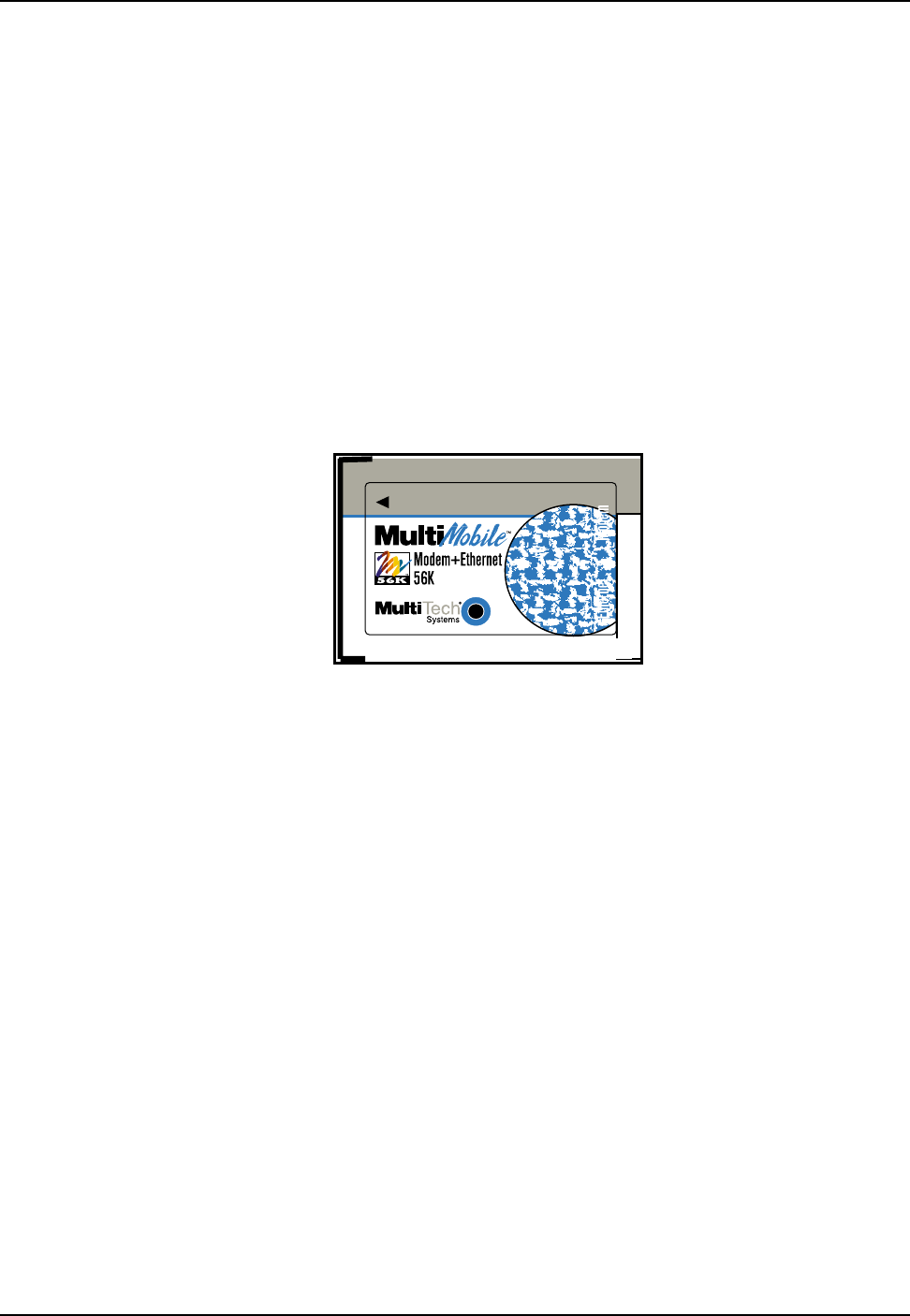
6
MultiMobile User Guide
MT5634ZLX/FE
Introduction
Welcome to the world of data communications. You have acquired one of the finest intelligent
data and fax modems available today from one of America’s oldest and most respected modem
manufacturer: Multi-Tech Systems, Inc. This user’s guide will help you install, configure, test and
use your modem.
Product Description
The MT5634ZLX/FE is a multifunction communication device that lets you perform multiple
communication tasks concurrently, using a single PCMCIA slot. The MT5634ZLX/FE:
• is V.90 and K56flex
TM
compatible for data transmission speeds up to 56 Kbps, while
maintaining compatibility with lower-speed modems. The V.90 and K56flex standards
asymmetrically transfer data--client downloads at speeds up to 56 Kbps, client uploads at
speeds up to 33.6 Kbps;
• sends and receives faxes from computers or fax machines; and
• connects to an Ethernet 10BaseTX or 100BaseTX LAN.
Figure 1-1. MT5634ZLX/FE PCMCIA Card
The MT5634ZLX/FE is a credit-card-size Type II PCMCIA card that complies with the PCMCIA
2.1 and JEIDA 4.1 standards and works with computers that incorporate a compatible interface. It
is Bell, ITU-T and AT command compatible, allowing it to be used worldwide with today’s popular
communication software programs. You can send and receive faxes with any Group 3 fax
machine. The broad Card and Socket Services (CSS) compatibility also makes for trouble-free
Internet and Intranet connections. For those who prefer not to use CSSs, the MT5634ZLX/FE
includes a point enabler for the multifunction card. Using standard phone lines and 10BaseTX
Ethernet, the MT5634ZLX/FE lets you access servers on a LAN and connect to the Internet or
on-line computer networks such as CompuServe and America Online, and permits you to
transmit E-Mail, send and receive information, and communicate with other PCs.
Fast Ethernet
Fast Ethernet is a network technology specified by IEEE Standard 802.3u. It extends the
traditional 10 Mbps Ethernet technology to achieve 100 Mbps transmission and reception, while
retaining the same CSMA/CA Ethernet protocol. Thus while Fast Ethernet provides a tenfold
increase in network capacity, it is wholly compatible with traditional 10 Mbps Ethernet network
facilities. This compatibility is the key to easy and efficient upgrades to 100 Mbps in your network
areas needing greater bandwidth. Upgrading selected areas to Fast Ethernet does not require
hardware or software changes in network areas where traditional 10 Mbps Ethernet is providing
good service. For upgrading existing Ethernet installations to 100 Mbps, and especially for
selectively upgrading areas needing upgrade, Fast Ethernet is the clear choice in terms of cost-
effectiveness, as well as convenience and smoothness in transition.
Fast Ethernet comprises two subtypes: 100Base-T4 and 100Base-TX. 100Base-T4 Fast
Ethernet can utilize existing Category 3 or Category 4 UTP network cabling, but does not provide



